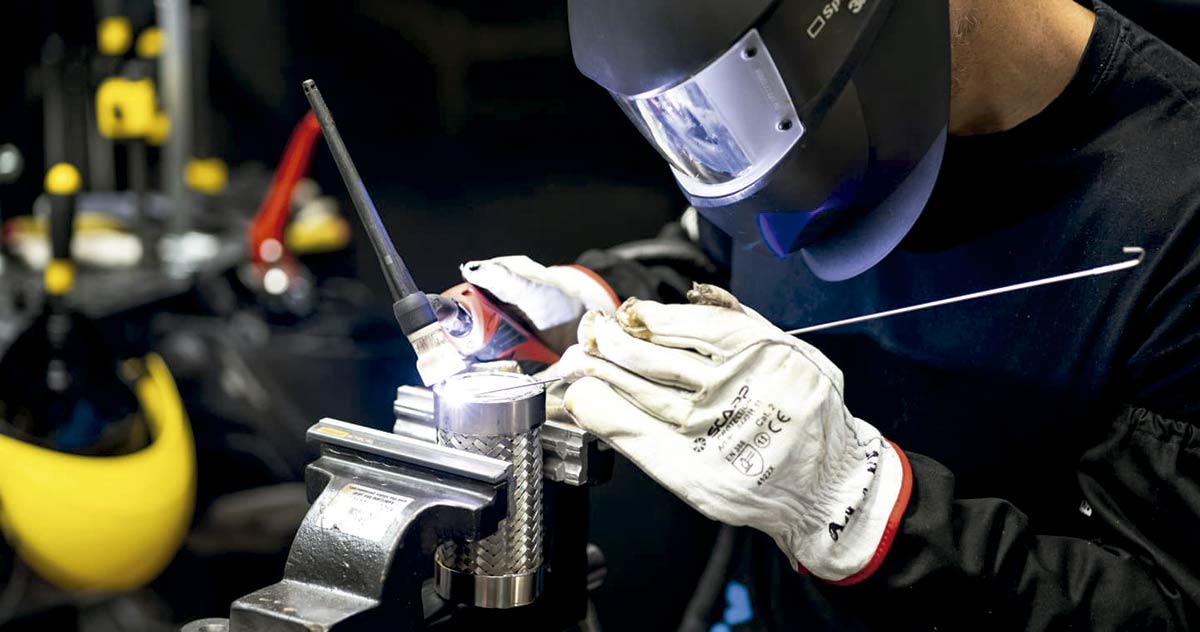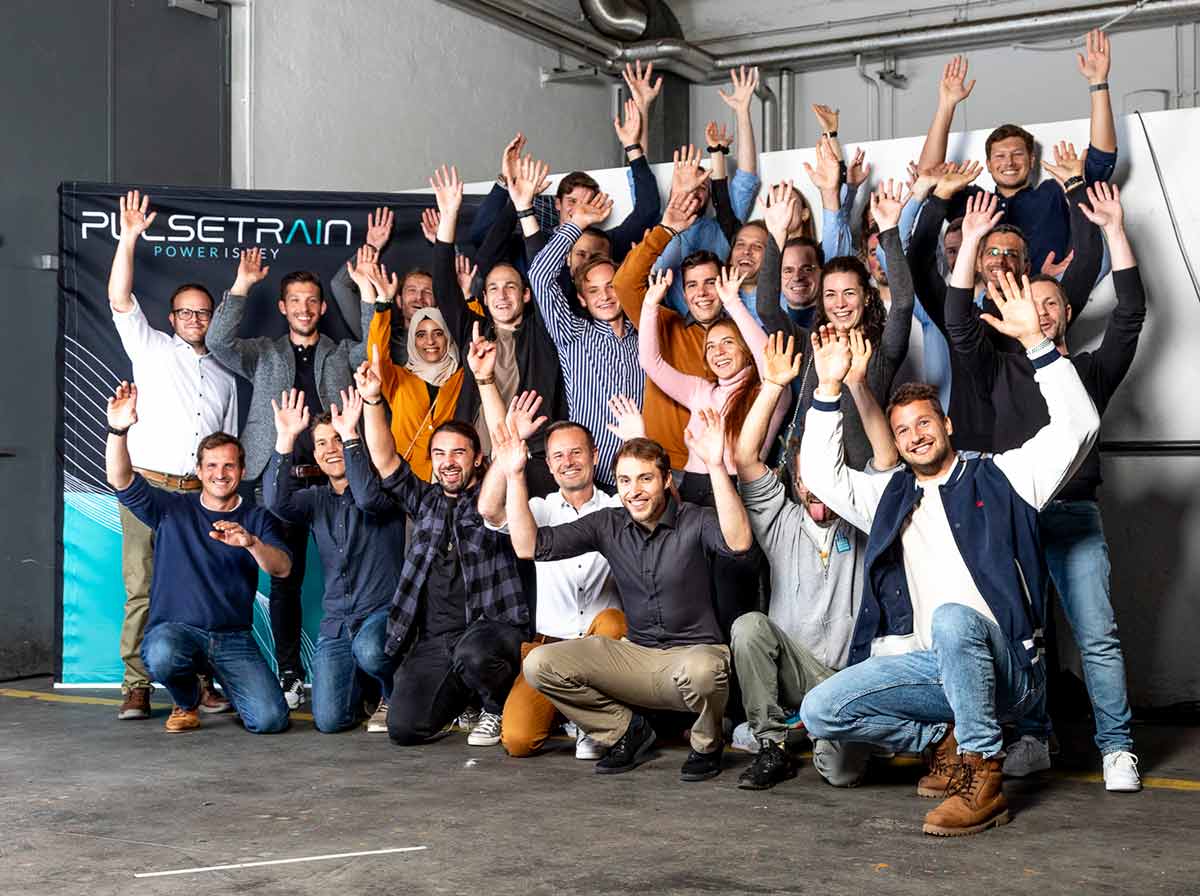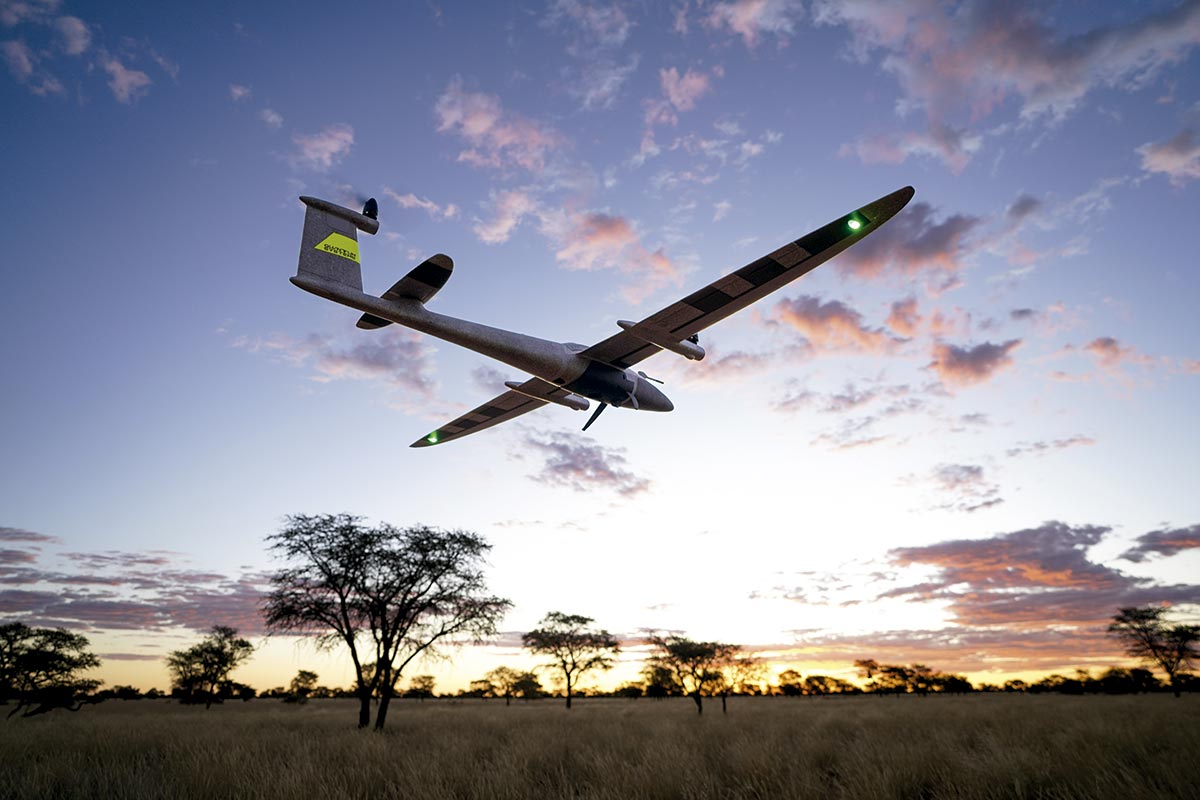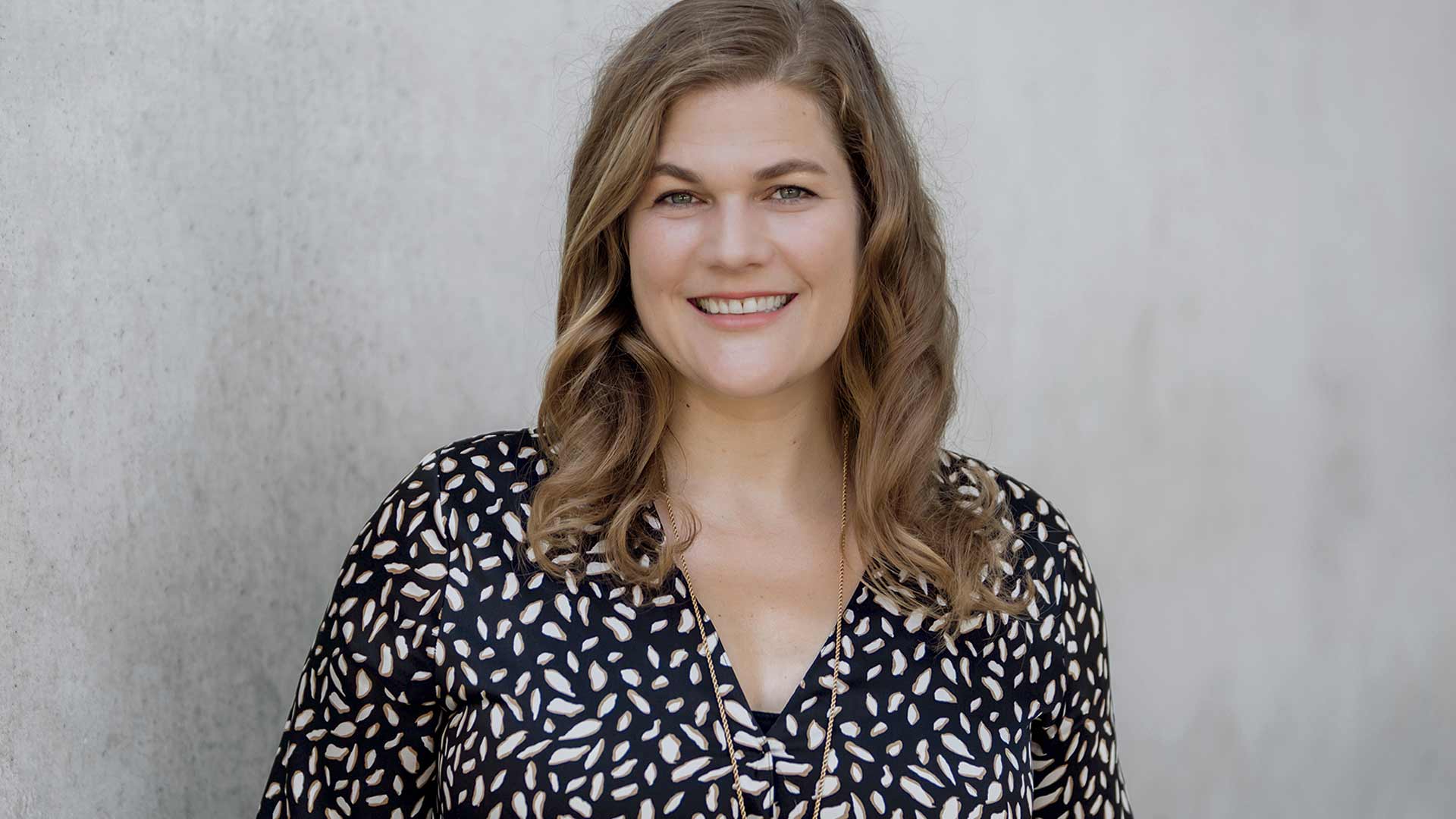.jpg)
Munich
Germany
With 1.59 million residents, nearly 30% of whom are international, the city fuses Bavarian traditions like beer gardens and the annual Oktoberfest with thriving tech labs and startups. Ranked 11th globally in Mercer’s Quality of Living City Ranking 2024, it offers excellent public transport, low crime rates and easy access to nature.
Regularly praised as “Germany’s Internet capital” by Focus Magazine, Munich is home to 250,000 tech professionals across 18,000 companies, a reflection of its shift from industrial heritage to innovation hub. Working and living in Munich is as much about entrepreneurship and innovation as it is about the surrounding scenery, with highlights such as the 3.7 km² Englischer Garten and nearby Bavarian Alps easily accessible by train.
As the capital of Germany’s wealthiest state, Munich combines deep-rooted industrial strength with academic excellence and forward-looking entrepreneurship, making it a cornerstone of the European innovation landscape.
A gateway to Bavaria and beyond
Bavaria is Germany’s largest federal state and a major contributor to the country’s economic success. With strong infrastructure, world-class universities and an export-oriented industrial base, it plays a central role in the EU’s economic engine. Munich, as its capital, is a strategic focal point for the region’s transition from traditional manufacturing to tech-driven, sustainable innovation. The city has positioned itself as a bridge between research, industry and entrepreneurship, fostering a dynamic ecosystem that attracts talent and investment from across Europe and beyond.
A high-powered industrial and tech cluster
Home to more DAX-listed companies (including Siemens, BMW, Allianz, Munich RE and Infineon) than any other German city, Munich’s industrial foundation offers unparalleled opportunities for startup-corporate collaboration. This concentration of enterprise power is complemented by the presence of global tech players such as Google, Microsoft, Apple, Meta, Intel, Amazon and Airbus, all of which maintain major offices or R&D hubs in the city.
This concentration of enterprise power, ranging from DAX-listed manufacturers to global tech firms, creates a dense network of potential partnerships. Startups benefit not only from corporate investment and procurement opportunities but also from access to advanced infrastructure, pilot environments and technical expertise. These direct connections between legacy industry, global R&D hubs and emerging founders have made Munich one of Europe’s most fertile grounds for applied innovation, especially in fields such as deep tech, AI, robotics, mobility, aerospace and green technologies.
An academic stronghold for innovation
Munich’s academic ecosystem is one of Europe’s most robust, with over 25 universities and research institutions, including the Technical University of Munich (TUM), Ludwig Maximilian University (LMU) and the Munich University of Applied Sciences (HM). These institutions are tightly connected through different entrepreneurship centers, ensuring that research translates into entrepreneurial action, including UnternehmerTUM, LMU IEC, Strascheg Center for Entrepreneurship (SCE), founders@unibw and Wavelab, the entrepreneurship center of the University of Music and Theatre, with a focus on arts and culture. This close university–startup relationship supports talent development across all disciplines, from life sciences to quantum computing to the creative industries.
A unifying ecosystem model
At the core of Munich’s innovation infrastructure is the MUNICH INNOVATION ECOSYSTEM, Germany’s first inter-university entity dedicated to ecosystem building. Initiated by the managing directors of UnternehmerTUM, SCE and Start2 Group and led by CEO Frizzi Engler-Hamm, this organization serves as a neutral umbrella, aligning startups, corporates, academia and public actors under a shared vision. To enable cross-sector innovation with global relevance, it collaborates closely with the City of Munich, the Chamber of Commerce, the Industry for Munich and Upper Bavaria, and many other industry leaders.
Global talent magnet
Ranked among the most livable cities in Europe, Munich's infrastructure is a model of smart-city integration: the 95-kilometer (60-mile) U-Bahn network carries over 450 million passengers a year across 100 stations, while the S-Bahn serves nearly 840,000 daily users through its 434-kilometer (270-mile) system. In districts like Neuaubing-Westkreuz, sensor-equipped streetlights collect real-time environmental data and offer free public wifi. Meanwhile, urban development pilots such as the Ascend project are testing energy-positive buildings and digital twins.
The quality of life in Munich is a major draw for international founders and professionals, which creates a diverse and highly skilled population that fuels creativity and cross-cultural exchange. The city is just a few hours by train or flight from major hubs such as Vienna, Zurich, Paris and Milan, making it a natural connector between Central and Southern Europe.
A future-focused city
What makes Munich unique in the European startup landscape is its ability to merge legacy industries with future-facing technologies. Rooted in Germany’s engineering heritage, the city is actively shaping conversations around ethical AI, urban mobility and circular economy solutions. Its innovation narrative is not one of disruption alone but of intelligent evolution, building on existing strengths to create a more sustainable, inclusive and resilient future.
Facts and Figures
More than 2,500 active startups are based in the city (Munich Economic Development Agency).
The city is home to over 140 VC, corporate VC and private-equity firms (munich-business.eu).
The government’s Hightech Agenda Bavaria initiative has allocated €5.5 billion to investing in the fields of education, research, infrastructure, key technologies, and transfer for knowledge between science and business.
In addition to the 3 major universities, Munich also offers more than 25 public and private institutions.
Startups
Andreas-Heddergott-_-TUM.jpg)

CyberDesk offers an identity-centric data-security platform designed to manage and control access to sensitive data. Its dynamic access-control engine minimizes data exposure while ensuring the right human and non-human identities get secure access at the right times.


Using AI to process satellite-imaging data, Ternow is building the world’s first near real-time 4D HD digital twin of Earth as viewed from space, enabling continuous, high-resolution monitoring to transform how industries, governments and researchers understand and respond to global change.
Interviews
Programs to know about
AI researchers, students, early-stage founders
AI NATION bridges the gap between academic research and entrepreneurship. The program offers funding, mentorship, networking, workshops and early support to turn AI research into impactful startups, with a strong emphasis on responsible AI innovation.

Student and university-linked startups
Attached to the Munich University of Applied Sciences, SCE supports academic entrepreneurship with early-stage incubation, coaching and EU-backed programs. It has a strong focus on interdisciplinary innovation and entrepreneurship and also supports startups through interactive training opportunities, funding, and matching with diverse corporate partners.

World-class infrastructure, investor access, strong corporate/startup matchmaking.
Europe’s largest center for innovation and startups, UnternehmerTUM is a cornerstone of the Munich ecosystem. It offers a comprehensive pipeline from ideation to scale-up, with multiple programs such as XPRENEURS incubator and TechFounders accelerator, as well as its own VC-investment firm, UVC Partners.

Early-stage digital startups
Known as the “startup hub for digital entrepreneurs,” WERK1 focuses on coworking and coliving spaces, events and a growing network in digital innovation. Its accelerators and mentorships, including InsurTech Hub and BayStartUp, have been nationally recognized.

Funding Opportunities
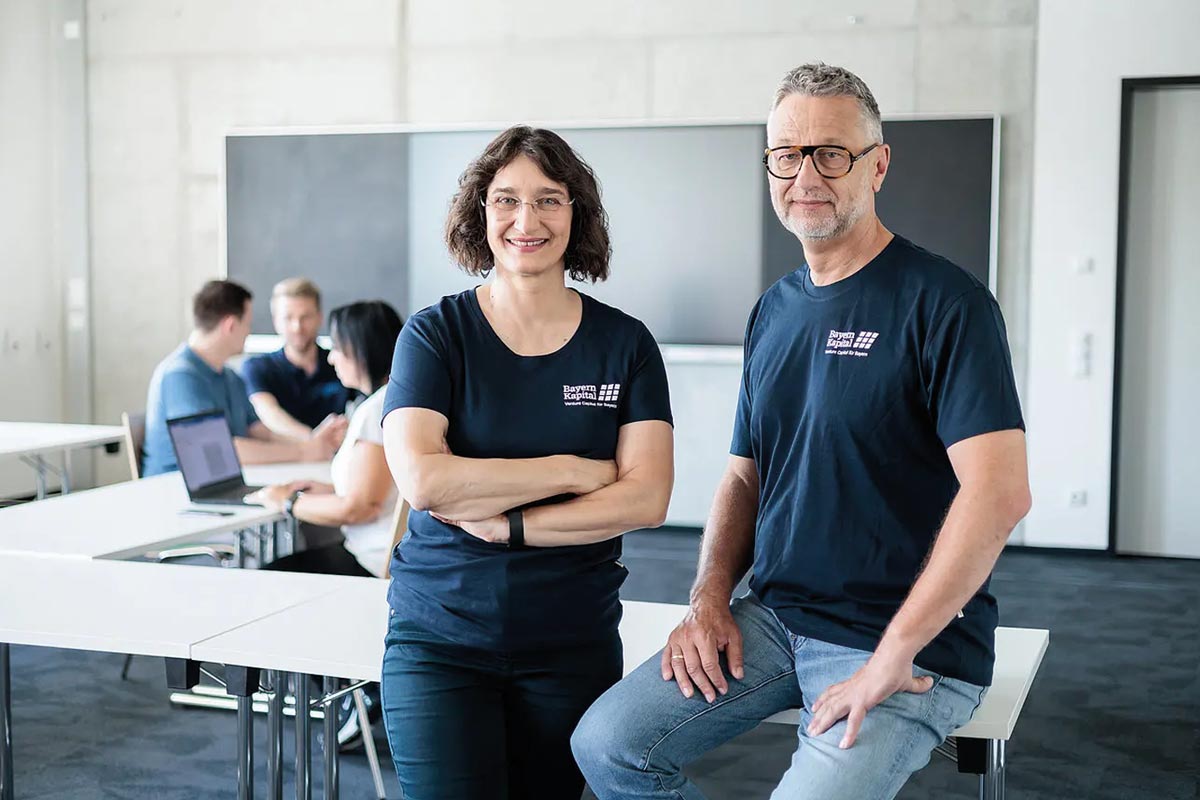

Bayern Katpial, a public venture-capital company of the Bavarian state, provides financing to hightech and deeptech companies at seed and growth stages. It plays a major role in regional economic development.
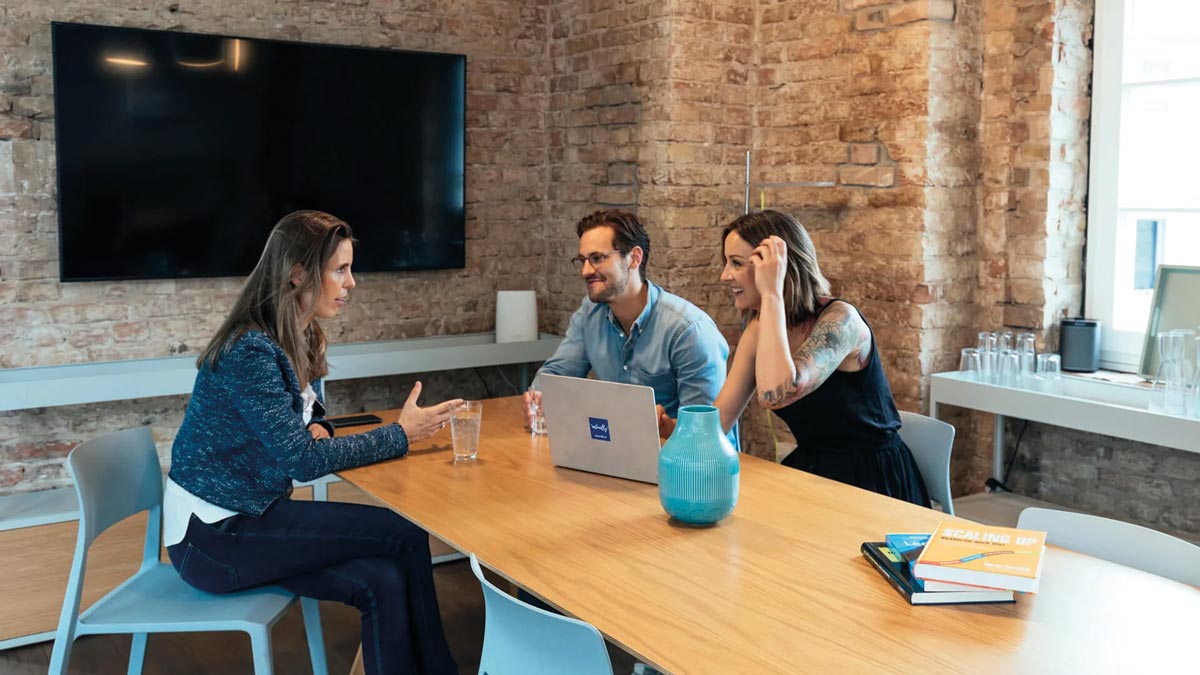

HV Capital, headquartered in Munich, is one of Germany’s most prominent VC firms. It has a strong track record of backing successful startups (such as Zalando and Flixbus) from seed to growth stages.
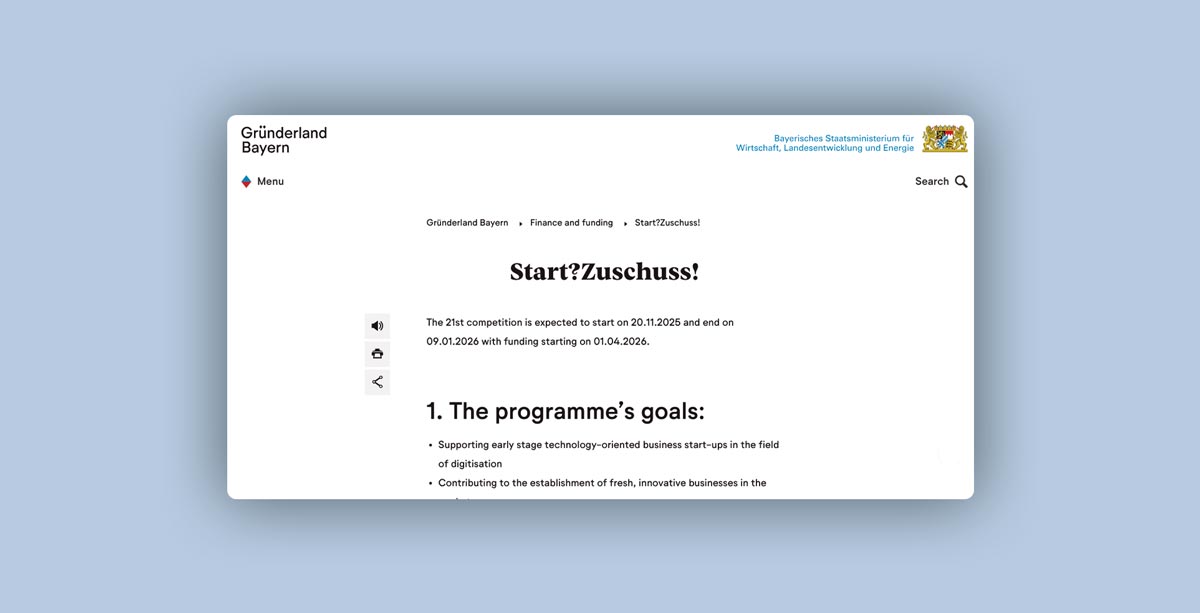

A regional, non-dilutive funding program run by the Bavarian Ministry for Economic Affairs. It supports early-stage, tech-oriented startups with grants to help cover operational costs. It’s especially relevant for founders just getting started.
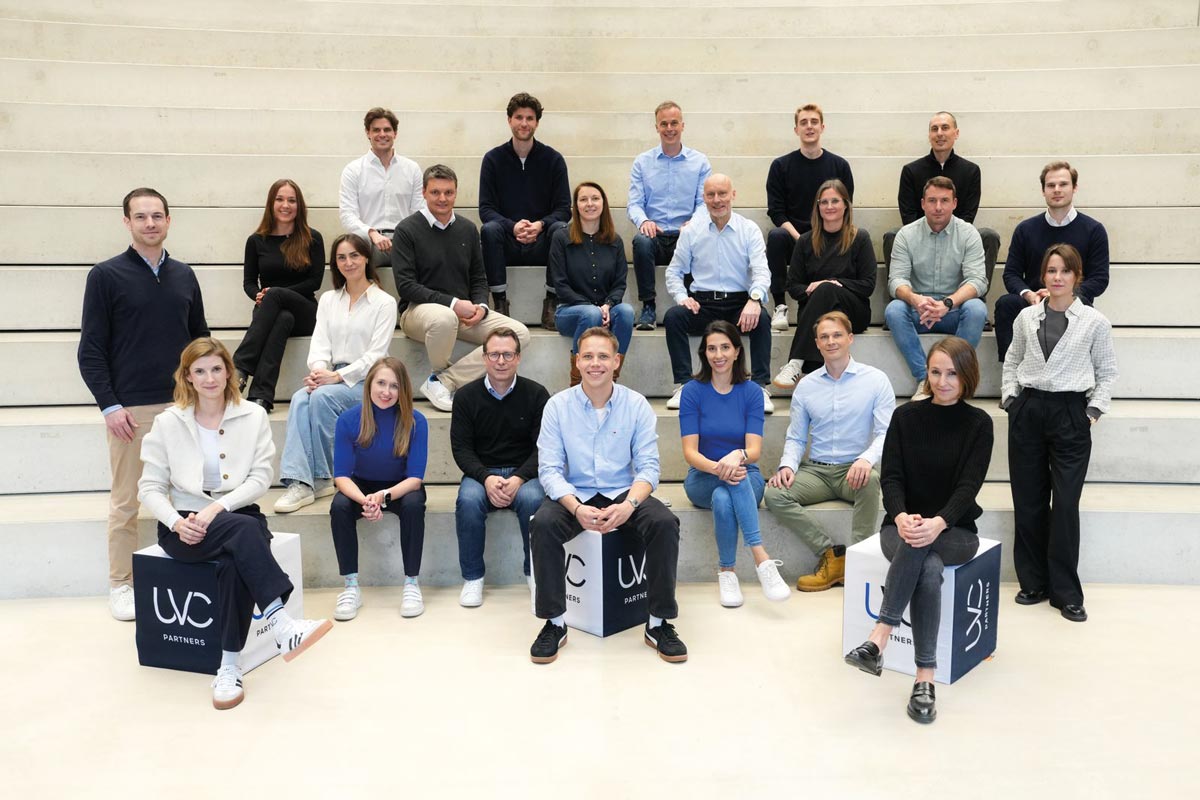

A leading Munich-based early-stage venture capital firm, closely tied to UnternehmerTUM and the Technical University of Munich. UVC invests in tech-driven B2B startups in Europe with ties to innovation and research.
Urban Impact Solutions
An initiative by CURAZE, CIRCULAZE connects startups, corporates and experts to promote circular-economy solutions. Through events like the CIRCULAZE Summit, it showcases innovative approaches to sustainability. Notably, startups like Woamy, which patented a material that mimics the cellular structure of wood and delivers exceptional strength while being lightweight, have been recognized for their contributions to circular innovation in plastics and protective packaging.

Launched by the City of Munich, this four-month program supports early-stage social enterprises addressing societal challenges. Participants receive coaching, a coworking space at Munich Urban Colab and financial support. Muniqo Performante, a universal solution currently being used in emergency medicine and neonatology for safe, vibration-free transportation of critically ill patients and premature infants, won the top prize in the inaugural cohort. It’s one example of how deeply the incubator supports real-world innovation by going beyond proof of concept to rescue-scale deployment.

The Zero Waste Innovation Hub, located at Munich Urban Colab, an innovation campus backed by UnternehmerTUM and the City of Munich, empowers startups and businesses to test circular-economy strategies through consulting, workshops and pilot projects, boosting resource efficiency and reducing waste. Established by Munich’s Department of Labor and Economic Development, and run collaboratively by CIRCULAR REPUBLIC, Circular Munich and Sustainable AG, it aims to transform the city into a zero-waste economy and flagship CleanTech Hub 2030, a city-led initiative to accelerate circular-economy solutions and climate neutrality.

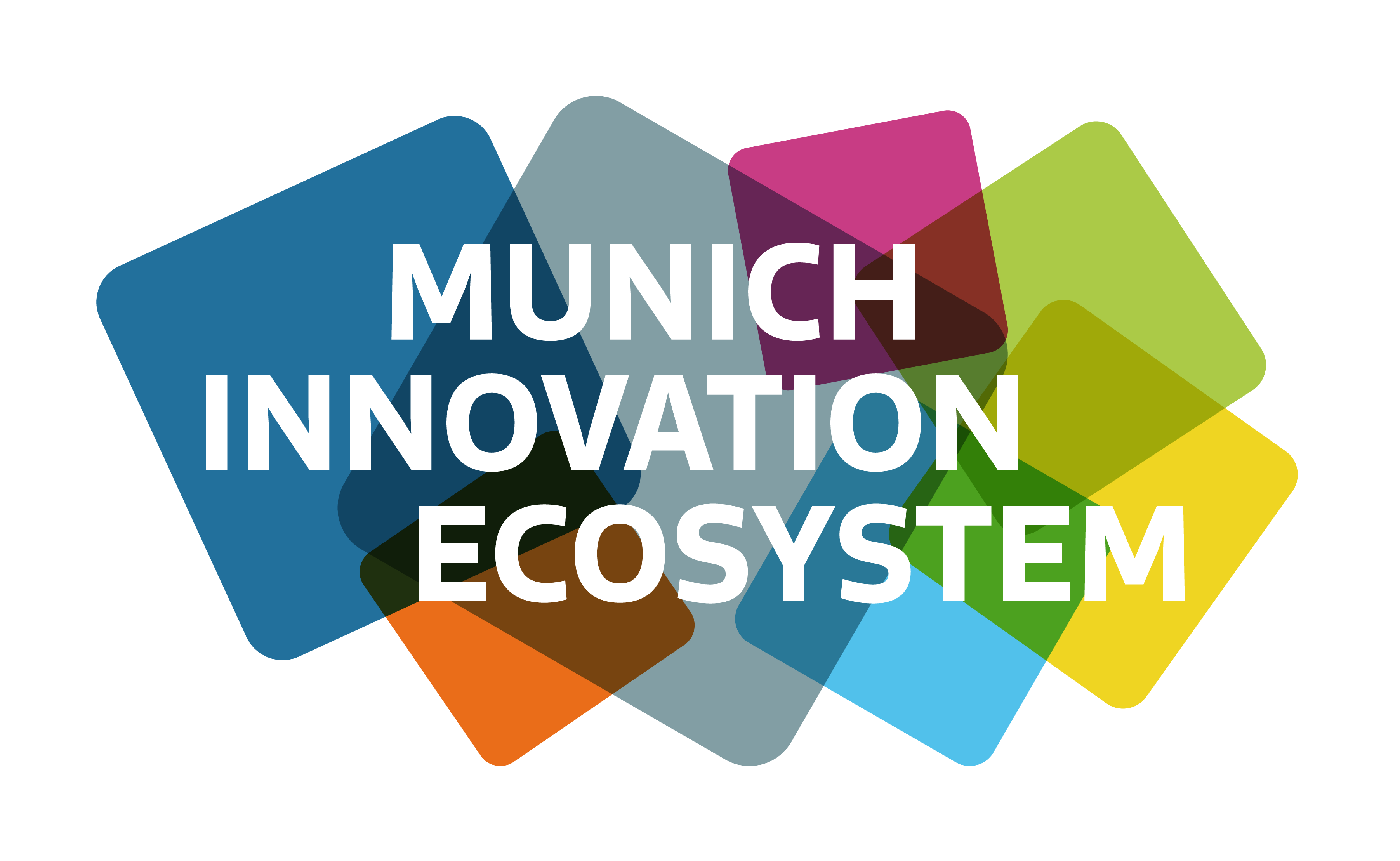
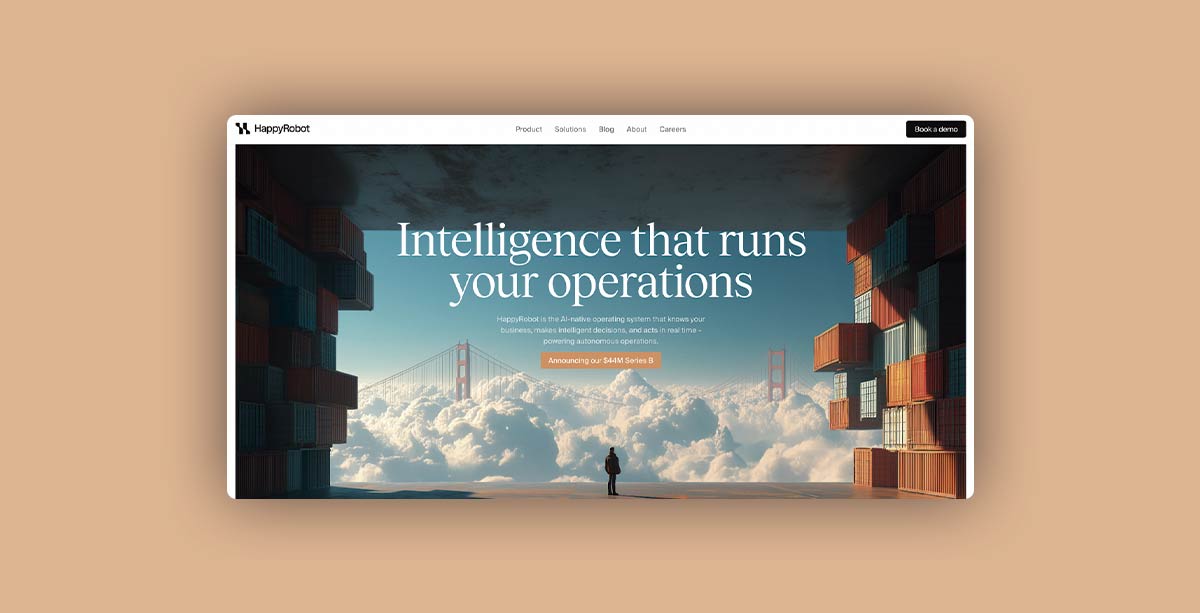
.jpg)
